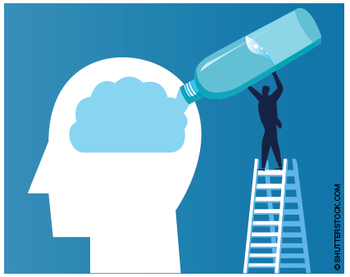
Some of the thorniest ethical dilemmas in psychiatry evolve around food: forced feeding in anorexia nervosa, artificial nutrition and hydration at the end of life, and the covert administration of psychotropic medications

Some of the thorniest ethical dilemmas in psychiatry evolve around food: forced feeding in anorexia nervosa, artificial nutrition and hydration at the end of life, and the covert administration of psychotropic medications

Funny how fast we become prisoners with lost convictions as we fill out the forms, patients getting sicker while they wait.
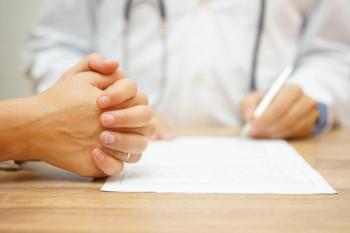
If nearly 300 people dying each day from overdoses and suicides isn’t sufficient to motivate insurers to take immediate action to improve access to the full range of in-network benefits, we have a real problem.
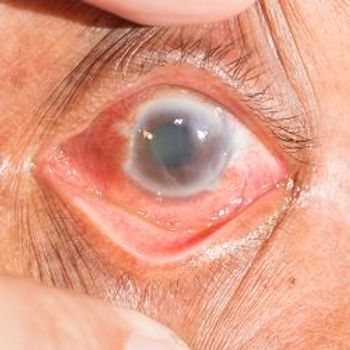
Clinicians should be aware of recent research that highlights an important, although rare, adverse effect of this medication used to treat glaucoma.
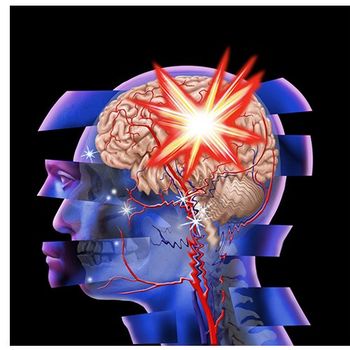
Psychosis can preexist TBI, and psychosis may increase the risk of TBI. This review, however, focuses on cases of psychosis following TBI.
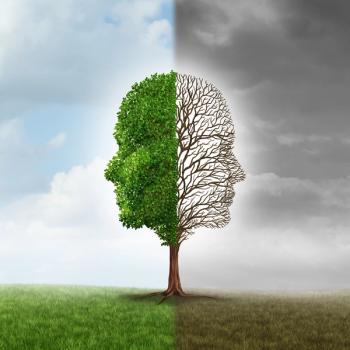
A working model that explains how a single shift can produce seemingly opposite symptoms.
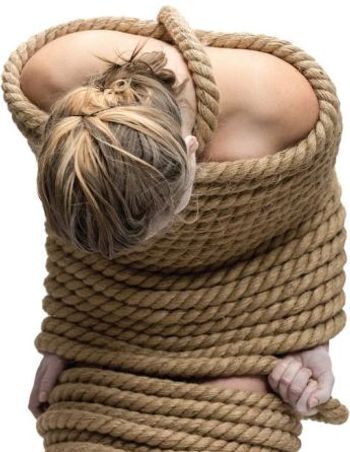
After the recent escalation of sexual scandals, the term "sex addiction" has come to the forefront.

In addition to the indirect positive effect that Dr. King had on the self-esteem of so many, he implicitly connected his work to psychiatry. Who better to associate MLK's vision of “Beloved Community” than psychiatrist Phyllis Harrison-Ross?

The latest news includes revealing tweets, ADHD medications and STD risk, and new insights from functional MRI.

The media has tremendous power in delivering messages to the public about mental illness. This year, the media got it wrong.
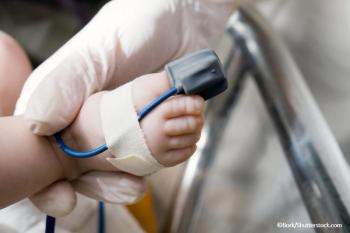
Preterm birth and low birth weight can heighten the risk by at least 2-fold.
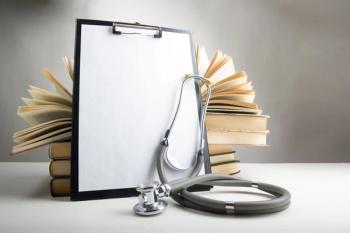
For a long time, we have relied to a large extent on phenomenology and diagnosis to plan treatment strategies, but advancements in psychiatry are changing that for the better.
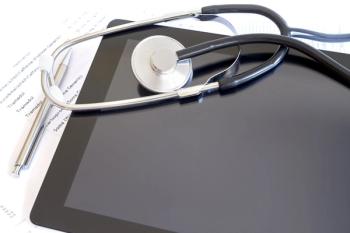
Dr. Torous looks at the pros and cons of digital psychiatry with the goal of framing the opportunities and challenges for the year ahead.
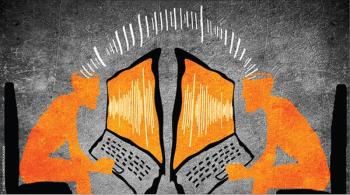
Technology holds great promise to improve the future of mental health. Here: an overview of the types of techology-based solutions currently available.
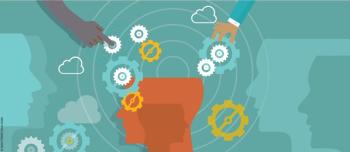
Telepsychiatry-based Cultural Sensitivity Collaborative Treatment is a promising and effective model to improve treatment of depression in underserved racial and ethnic minority populations. Details here.

How is technology affecting psychiatric practice and addressing barriers in the clinical care of our patients?
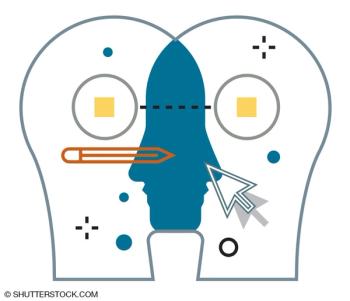
To explore the evolving role of smartphones in psychiatric care, this article focuses on schizophrenia as a disease-specific example of how new research and technologies are already being used to improve care.
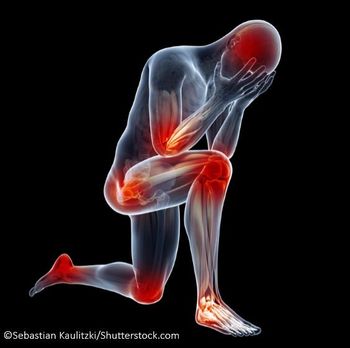
Take this quiz on one of the most controversial diagnoses in pain management.
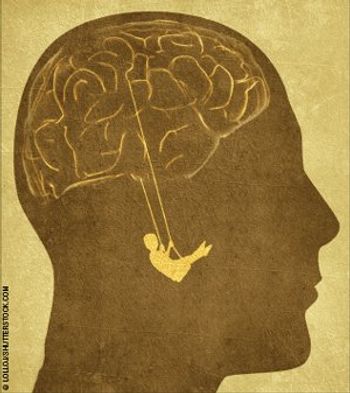
Tracking and measuring the nation’s health is no easy undertaking. How are we doing?
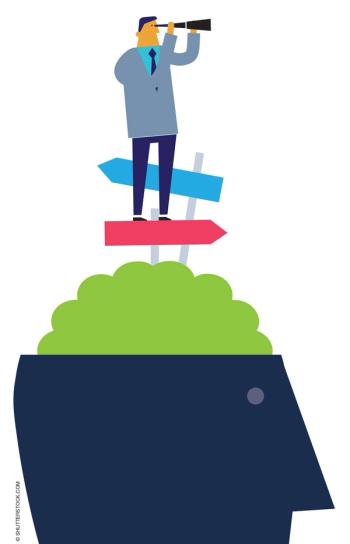
Here's a hit list of publications devoted to psychotherapy topics; to issues in genomic medicine; the impact of technology, and burnout on the practice of medicine; and to more traditional clinical articles addressing diagnosis and treatment of psychiatric disorders.
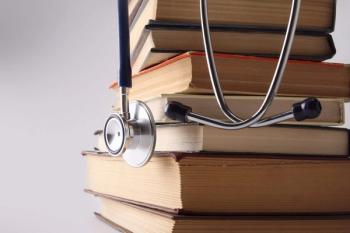
Psychiatrists who have died in 2017-even those who posed a challenge--deserve to be remembered.
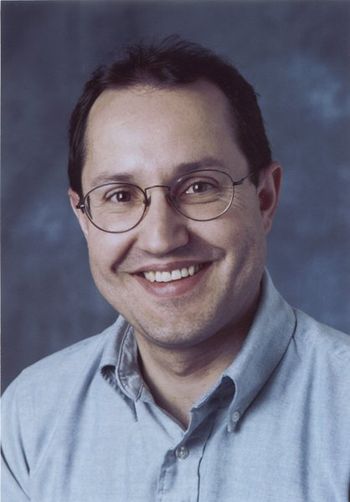
A deep dive into the role of stress in the manifestation of depressive symptoms.
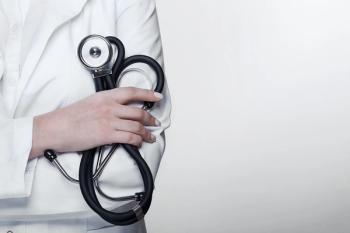
My doctor-wife squeezes her needle-nose tweezers and lifts the tiny knots high enough to snip with surgical scissors...
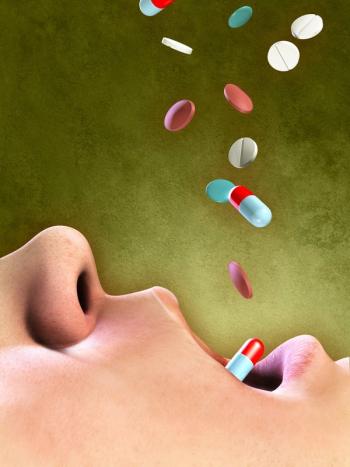
High treatment failure rates make it critical for prescribers to know how to safely and effectively switch antidepressants to ensure patient-treatment targets are met.
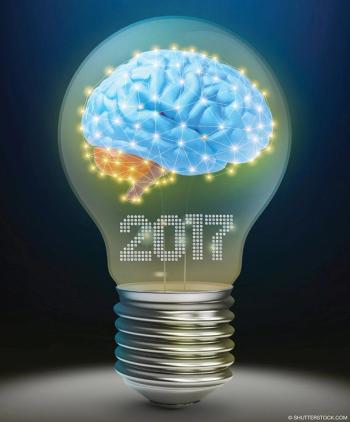
This year we asked about the best and worst things relating to our field. As always, we received a diverse group of responses.
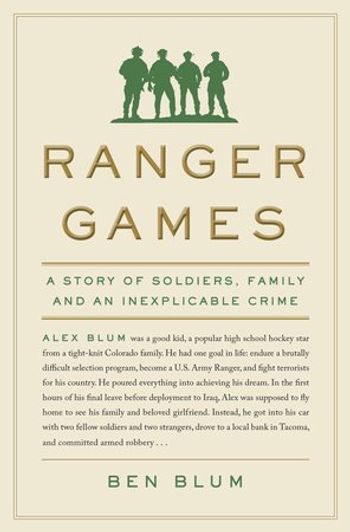
An inside account of what many of our service men and women endure in order to serve their country.

The author shares his views on important topics in 2017 in the field of psychiatry.
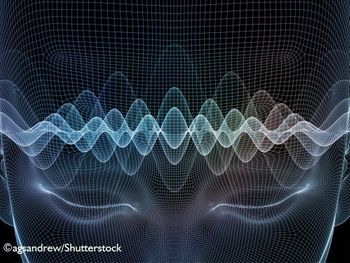
“We were surprised to find that SSRIs and other antidepressants aren’t very effective at keeping depressed patients out of hospital.”
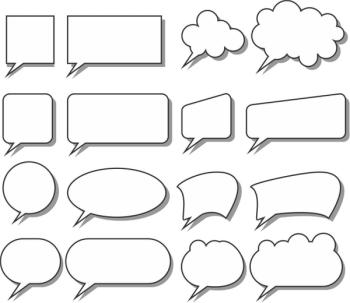
Advances in digital publishing that allow instantaneous dissemination of changes at minimal cost have paved the way towards the adoption of a continuous improvement model for DSM, in which revisions are pegged to specific scientific advances.
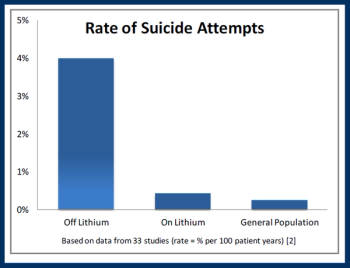
Among the topics covered in this year's noteworthy studies: lithium and suicide prevention, mixed depression, and light therapy.